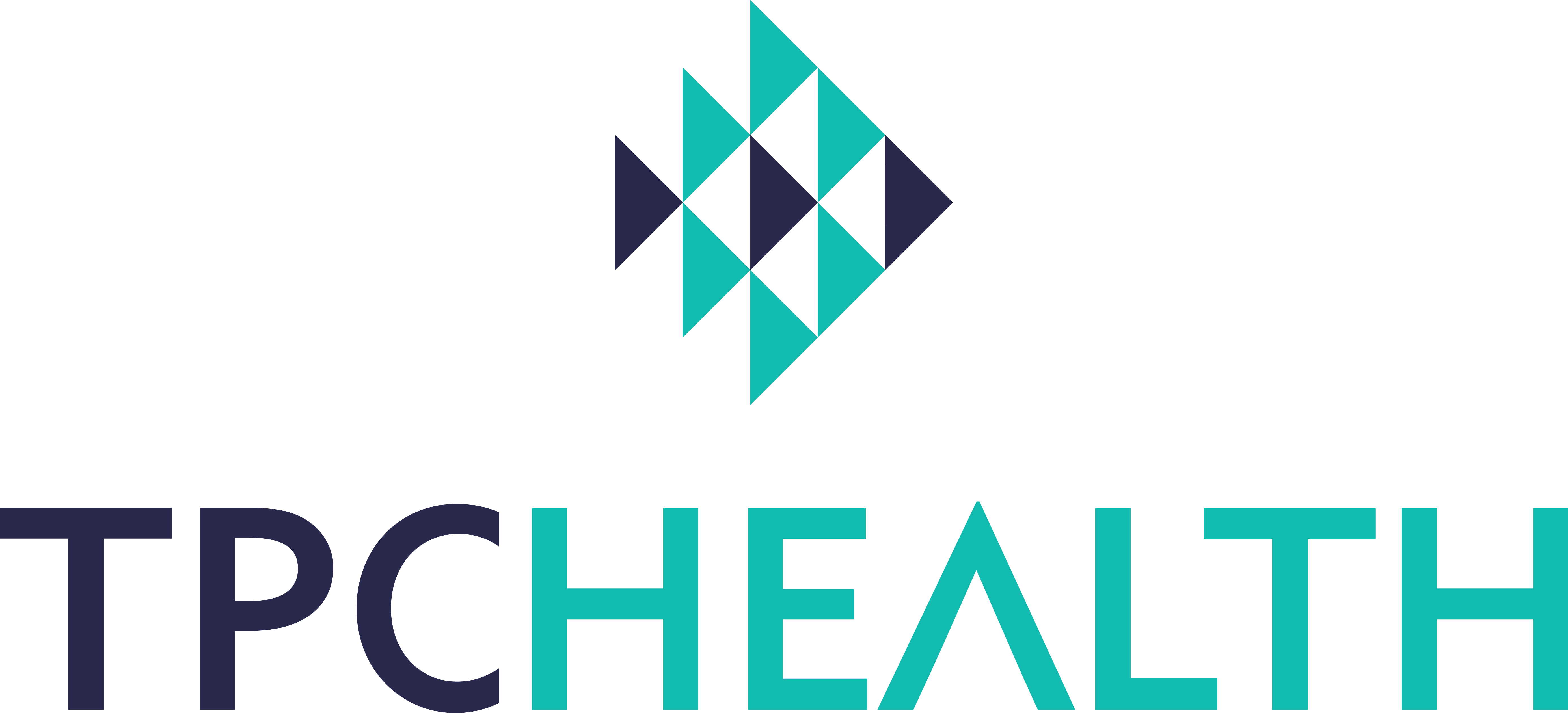“Listening of this calibre ignites the human mind. The quality of your attention determines the quality of the other people’s thinking.” – Nancy Kline
To be truly listened to is an incredible experience – this is because day to day it is so rare.
When another person is listening to you with interest and to understand, leaning in, empathising, you feel known and understood. You feel safer and secure and so can begin to trust in the process. This is the reason that listening is so important in a coaching approach, and why it can be transformational in health and care situations.
The quality of your listening is critical, especially listening with the other person’s goals in mind. For example, you are listening for signs of motivation and energy, signs of resistance in the process, the choices that they are making and how these choices move them towards their health outcomes or away from them.
There are all sorts of reasons for it being difficult to listen during clinical and care conversations. Time pressures, the need to record information, interruptions, etc., all make it difficult to be fully present to the patient and really listen to them.
However, one perspective is that the more you can achieve a deep level of listening the better the information flow will be and the more engagement is possible.
Listening is not just passively hearing; there is action in listening as confirmed by the following model.
When we train health and care practitioners in coaching skills we talk about 4 different Levels of Listening:
Listening attentively
- Is the person giving me their full attention?
Listening accurately
- Has the person fully understood my issue?
Listening empathically
- Does the person really appreciate my feelings about this / can they stand in my shoes?
Listening generatively
- Can I think more clearly and positively when this person is listening to me?
We have found that most of the time practitioners find it straightforward to listen attentively and accurately, but moving to listening empathically and generatively is more of a challenge in the context of most health and care environments.
Everything in a coaching conversation hinges on the quality of your listening, especially listening with your client’s goals in mind. For example, you are listening for signs of motivation and energy, signs of resistance in the process, the choices that they are making and how these choices move them towards their health outcomes or away from them. Or are you only listening for the redflags you need to be concerned about, the evidence you need to confirm your diagnosis, or just for a break to say what you need to say?
As you listen you are making choices that change the direction and focus of the conversation. Communicating a more empathic and generative approach in your listening can support patients to be more active participants in managing their own health.
Unfortunately, it is a very common human flaw to think that we are better listeners than we actually are. And we can all learn to improve the quality of our listening.
To develop your listening skills, take a few moments to reflect on the categories we listed above and reflect on your own experience of listening …
- At what level (Listening Attentively, Listening Accurately, Listening Empathically, Listening Generatively) do you spend most of your time listening day to day?
- If you were going to score yourself 1-10 (10 being I always listen this way, 1 being I never listen this way) how would you score yourself against each of these levels?
- How do you know that your score is reasonable? What evidence do you use?
- Are there some times when you find it easier to listen in certain ways? Are there some times when it is harder to listen?
- How would your clients rate your ability to listen?
- What would your team members say about the depth of your listening when they are discussing matters with you at work?
- What do you need to do to develop your listening skills further?
Please do contact us if you have any comments or questions.





